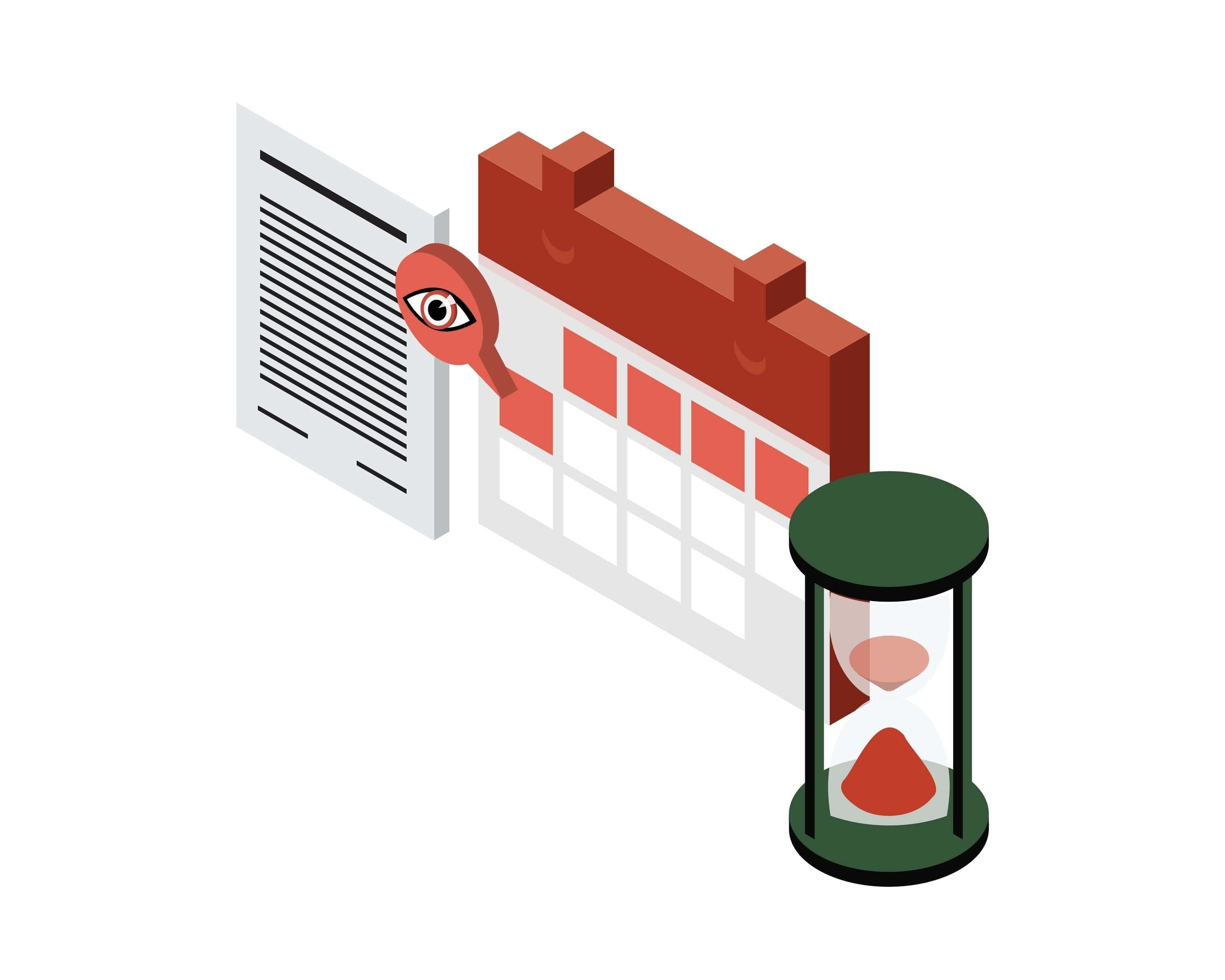Looking for expert insights on health insurance in India? Our article provides up-to-date facts and benefits, as well as essential legal knowledge. Discover how you can unlock the advantages of health insurance today.
Health insurance is an essential financial tool that provides individuals and families with financial coverage against medical expenses arising from illnesses and injuries. With the rapidly rising healthcare costs in India, having health insurance has become more important than ever before. Studies show that healthcare expenses in India are expected to increase from INR 4.8 trillion in 2016 to INR 22.6 trillion by 2025, a staggering increase of 368% in just a decade.
Despite the importance of health insurance, many people in India still do not have adequate coverage. According to a recent survey, only 27% of the Indian population has some form of health insurance coverage, with a majority of these individuals having insufficient coverage that may not cover all their medical expenses.
This article aims to address this gap in knowledge by providing a comprehensive guide to health insurance in India. Whether you are new to health insurance or looking to switch to a better policy, this guide has got you covered.
Our expert insights will give you the latest information on the different types of health insurance policies available in India, the benefits of having health insurance coverage, and how to choose the right policy that best suits your needs. We will also delve into the nitty-gritty of legal knowledge that is essential when it comes to health insurance.
Whether you are an individual or a family, having health insurance is a crucial step towards securing your financial future in case of any medical emergencies. So, let's get started!
I. The Importance of Health Insurance in India
A. The Cost of Healthcare in India
The healthcare expenses in India are expected to increase from INR 4.8 trillion in 2016 to INR 22.6 trillion by 2025, indicating a significant increase of 368% in just a decade.
With such high costs, it is essential to have health insurance coverage to protect against financial difficulties arising from unexpected medical expenses.
B. The Benefits of Health Insurance in India
Health insurance provides individuals and families with financial coverage against medical expenses arising from illnesses and injuries.
With health insurance, you can receive cashless hospitalization and treatment, reimbursement of medical expenses, and coverage for pre- and post-hospitalization expenses.
II. Types of Health Insurance Policies in India
This type of policy is designed for individuals who wish to avail of health insurance coverage for themselves.
It provides financial coverage against medical expenses and includes a range of benefits and features such as cashless hospitalization, reimbursement of medical expenses, and coverage for pre- and post-hospitalization expenses.
This type of policy is designed for families who wish to avail of health insurance coverage for themselves and their dependents.
It provides financial coverage against medical expenses and includes a range of benefits and features such as cashless hospitalization, reimbursement of medical expenses, and coverage for pre- and post-hospitalization expenses for all members of the family.
This type of policy is designed for individuals who are aged 60 years and above.
It provides financial coverage against medical expenses, including pre-existing diseases, and includes a range of benefits and features such as cashless hospitalization, reimbursement of medical expenses, and coverage for pre- and post-hospitalization expenses.
III. Factors to Consider While Choosing a Health Insurance Policy
A. Coverage Amount
The coverage amount refers to the maximum amount that your insurance policy will pay out in the event of a claim.
It is essential to choose a policy that provides adequate coverage based on your medical needs and expenses.
B. Pre-Existing Diseases
Some health insurance policies have waiting periods before covering pre-existing diseases.
It is crucial to choose a policy that has a shorter waiting period for pre-existing diseases, especially if you have a pre-existing medical condition.
Many health insurance policies have tie-ups with network hospitals, where you can avail of cashless hospitalization and treatment.
It is essential to choose a policy that has a wide network of hospitals in your area to avail of the benefits of cashless hospitalization.
IV. Legal Aspects of Health Insurance in India
A. IRDAI Guidelines
The Insurance Regulatory and Development Authority of India (IRDAI) regulates health insurance policies in India.
It has issued guidelines that insurance companies must follow while designing health insurance policies, such as minimum coverage amount and mandatory inclusions.
B. Waiting Periods
Health insurance policies have waiting periods before coverage for certain medical expenses comes into effect.
The waiting period for pre-existing diseases is typically higher than for other medical expenses.
C. Claim Rejection
Insurance companies may reject claims if the policyholder fails to disclose any pre-existing medical conditions or if the medical expenses are not covered under the policy.
It is essential to read the policy documents carefully to understand the claim process and avoid claim rejections.
V. Common Misconceptions About Health Insurance in India
A. Health Insurance is Expensive
Health insurance policies are available at affordable prices and can be customized to suit individual
B. Only Young and Healthy Individuals Need Health Insurance
Health insurance is essential for individuals of all ages, regardless of their health condition.
It provides financial coverage against unexpected medical expenses and ensures that you receive the best medical care possible.
C. Health Insurance Covers All Medical Expenses
Health insurance policies have limitations and exclusions, and not all medical expenses may be covered.
It is crucial to read the policy documents carefully to understand the coverage offered by your policy.
VI. Tax Benefits
Under Section 80D of the Income Tax Act, policyholders can claim tax benefits on health insurance premiums.
- For those under 60, the tax deduction is up to Rs. 25,000 for themselves and their families. If parents are also covered, an additional Rs. 25,000 can be claimed.
- Those over 60 can claim up to Rs. 50,000 for themselves and their families, with an additional Rs. 50,000 for parents.
- Total tax deductions can be up to Rs. 50,000 for those under 60 and Rs. 1 lakh for those over 60.
Conclusion
In conclusion, health insurance is a critical investment that offers financial protection against the uncertainties of life. It not only provides coverage for medical expenses but also offers various other benefits such as tax savings, no-claim bonuses, and cashless hospitalization. With the rising healthcare costs and the increasing prevalence of lifestyle diseases, having a health insurance policy has become more important than ever before.
As discussed, health insurance policies come in various types and offer different features and benefits. Choosing the right policy that suits your needs and budget requires careful consideration and research. And Aditya Birla Health Insurance provides everything to help you make the right decision when it comes to health insurance. Visit the website now!






 1800-270-7000
1800-270-7000











